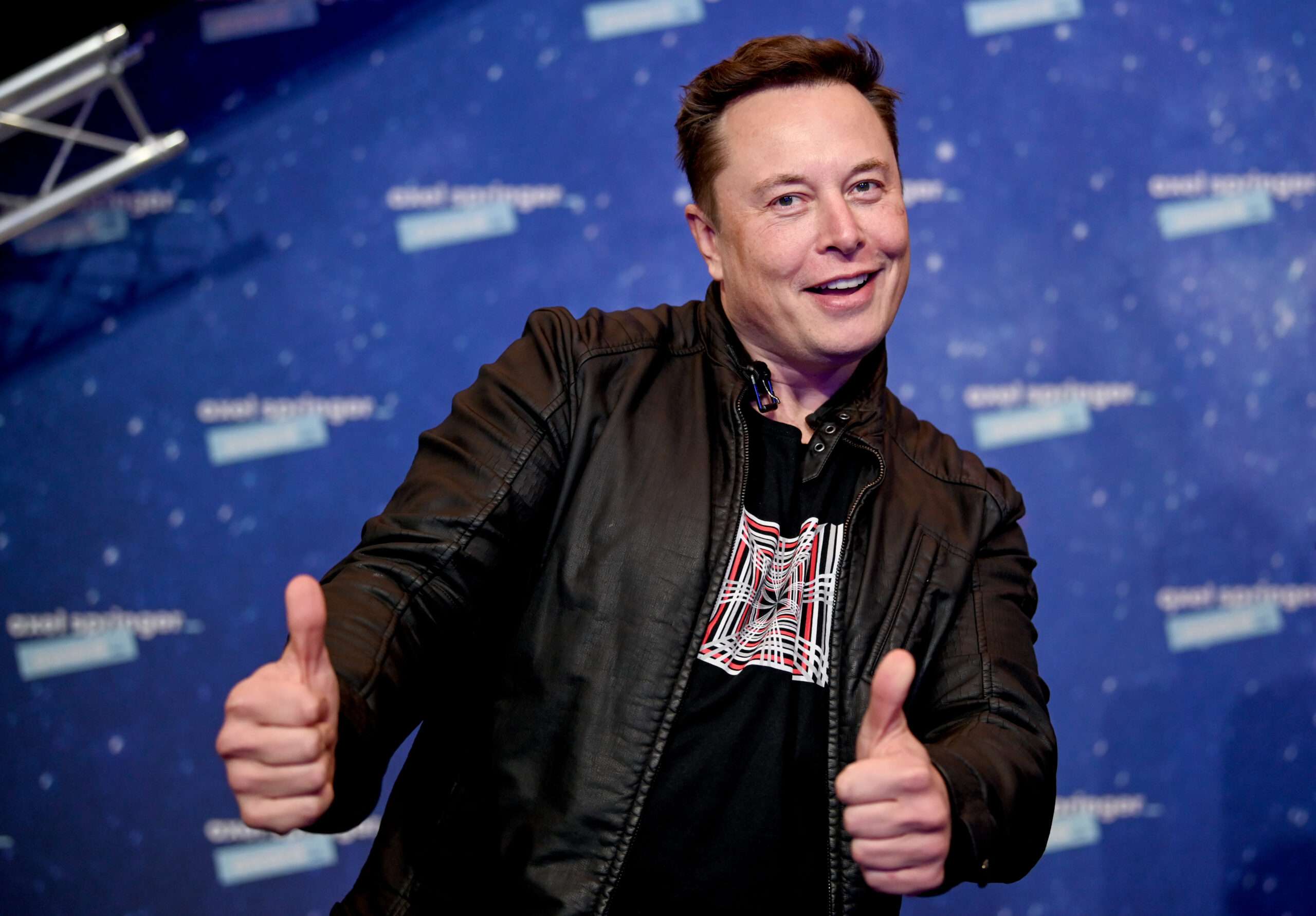Twitter is changing ownership, following a purchase by Elon Musk, who has explicitly said he intends to reorient the company's approach to online speech. Netflix, whose business model has long been predicated on sky's-the-limit growth, is bleeding subscribers. CNN+, a massively expensive project from what was once a dominant force in TV news, is shutting down a month after its launch. Facebook is losing regular users and taking a huge financial hit because of changes in the mobile ad space. Google is no longer the world's most popular website.
If there is a single lesson to be learned here, it is that the marketplace for online communications, entertainment, and news media is never stable, and even the most powerful players can be dethroned.
All of these companies are still mighty. And yet they are all falling, or at least stumbling, in ways that the political class and its boosters assured us simply would not happen, because markets had become static, and competition was impossible. This notion—that the market has finally reached some sort of permanent equilibrium, in which certain companies will wield outsize influence over public life forever—has been used repeatedly to justify calls for regulatory interventions aimed at combating the power of big tech and media, on the premise that large corporations cannot be checked or dislodged by anything but government action. It's a denial of dynamism. And what the recent spate of news makes clear is that this notion is wrong.

 reason.com
reason.com
If there is a single lesson to be learned here, it is that the marketplace for online communications, entertainment, and news media is never stable, and even the most powerful players can be dethroned.
All of these companies are still mighty. And yet they are all falling, or at least stumbling, in ways that the political class and its boosters assured us simply would not happen, because markets had become static, and competition was impossible. This notion—that the market has finally reached some sort of permanent equilibrium, in which certain companies will wield outsize influence over public life forever—has been used repeatedly to justify calls for regulatory interventions aimed at combating the power of big tech and media, on the premise that large corporations cannot be checked or dislodged by anything but government action. It's a denial of dynamism. And what the recent spate of news makes clear is that this notion is wrong.

Twitter, Facebook, Netflix, and the Myth of Permanent Platform Power
Twitter is changing ownership, following a purchase by Elon Musk, who has explicitly said he intends to reorient the company's approach to online speech.
